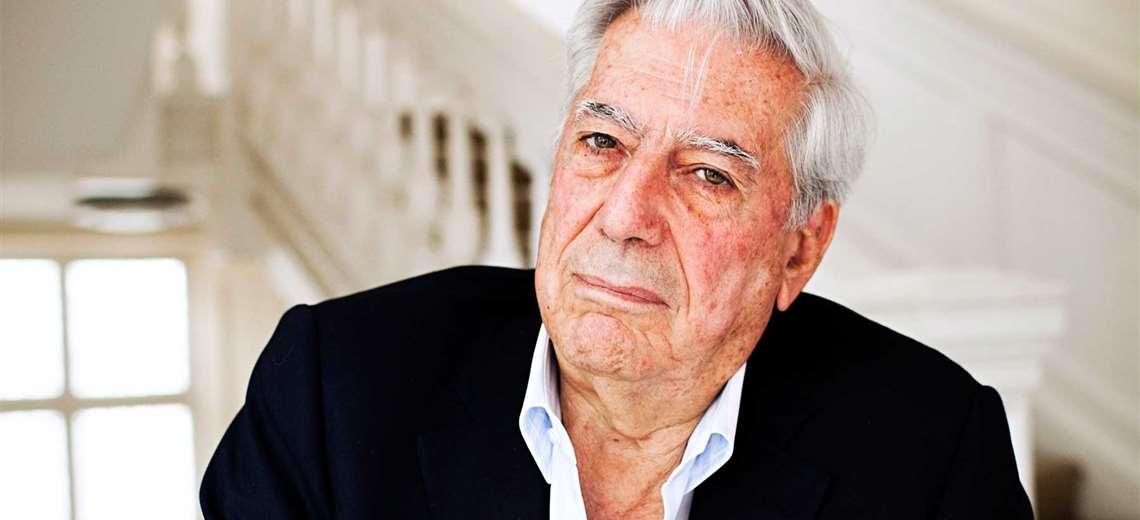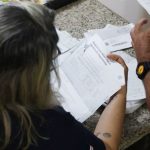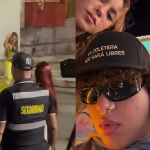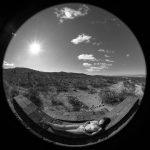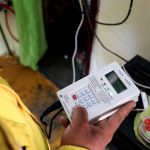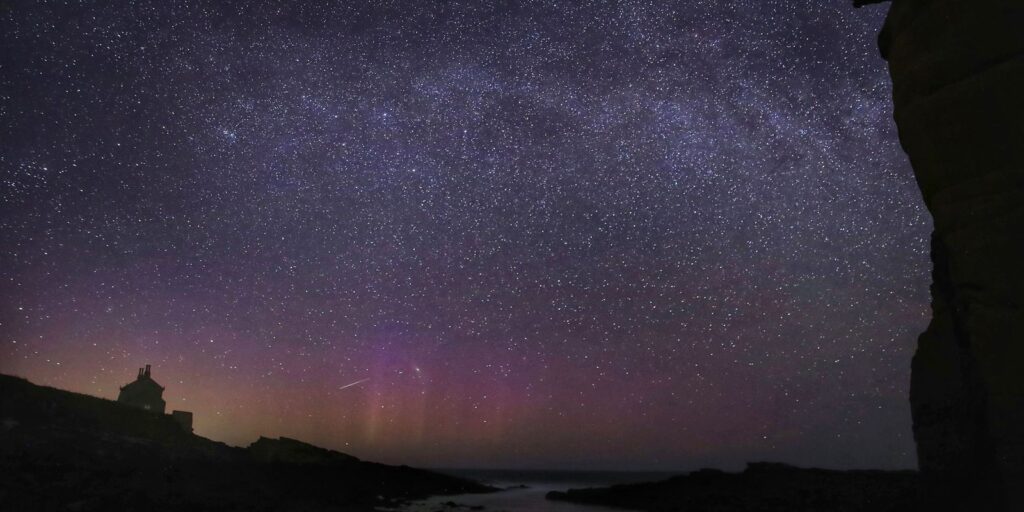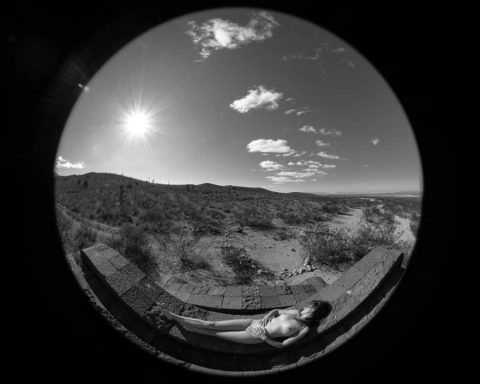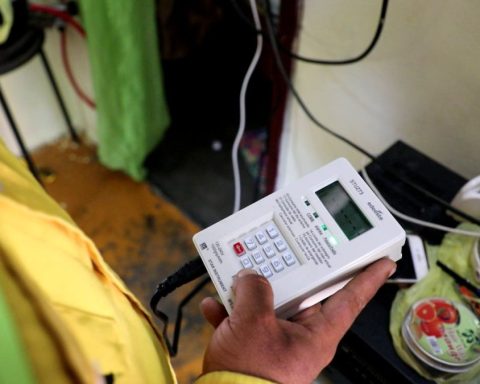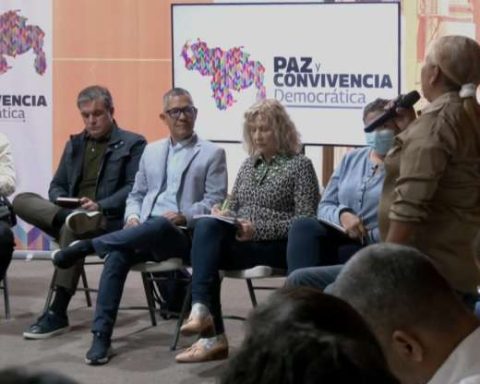The Spanish-Peruvian Nobel laureate in literature Mario Vargas Llosa is admitted to a Madrid clinic for complications related to the coronavirus and is “evolving favorably,” his son Álvaro Vargas Llosa announced on Twitter on Friday.
“A few days ago, in view of some complications related to Covid, was admitted to a clinic in Madrid,” wrote the 86-year-old writer’s son, specifying that “thanks to the treatment, his condition is progressing favorably.”
Vargas Llosa presented his latest book at the beginning of April, “The Still Gaze (by Pérez Galdós)”, an essay on the Spanish writer Benito Pérez Galdós.
“He and his family appreciate the signs of affection we are receiving and ask the press to respect his privacy,” concludes the message signed by his children Álvaro, Gonzalo and Morgana.
Nobel Prize for Literature in 2010, Vargas Llosa is the last representative of the golden generation of Latin American literature.
Universal writer from the complex Peruvian reality, Vargas Llosa was part of the so-called Latin American ‘boom’ along with other greats such as the Colombian Gabriel García Márquez, the Argentine Julio Cortázar or the Mexicans Carlos Fuentes and Juan Rulfo.
NBorn in the southern Peruvian city of Arequipa on March 28, 1936 In a middle-class family, he was educated by his mother and maternal grandparents in Cochabamba (Bolivia) and later in Peru.
His long literary career began in 1959, when he published his first book of short stories, ‘Los Jefes’, with which he won the Leopoldo Alas Award. But he gained notoriety with the publication of the novel ‘The city and the dogs’, in 1963, followed three years later by ‘The green house’. His prestige was consolidated with his novel ‘Conversation in the Cathedral’ (1969).
They were followed by ‘Pantaleón and the visitors’, ‘Aunt Julia and the writer’, ‘The war at the end of the world’, ‘Who killed Palomino Molero?’, ‘Lituma in the Andes’ and ‘The fish in the water’ (memories of his election campaign), ‘The Goat’s party’ or ‘The dream of the Celt’, published shortly before receiving the Nobel.
Vargas Llosa obtained Spanish nationality in 1993.
The Spanish-Peruvian Nobel laureate in literature Mario Vargas Llosa is admitted to a Madrid clinic for complications related to the coronavirus and is “evolving favorably,” his son Álvaro Vargas Llosa announced on Twitter on Friday.
“A few days ago, in view of some complications related to Covid, was admitted to a clinic in Madrid,” wrote the 86-year-old writer’s son, specifying that “thanks to the treatment, his condition is progressing favorably.”
Vargas Llosa presented his latest book at the beginning of April, “The Still Gaze (by Pérez Galdós)”, an essay on the Spanish writer Benito Pérez Galdós.
“He and his family appreciate the signs of affection we are receiving and ask the press to respect his privacy,” concludes the message signed by his children Álvaro, Gonzalo and Morgana.
Nobel Prize for Literature in 2010, Vargas Llosa is the last representative of the golden generation of Latin American literature.
Universal writer from the complex Peruvian reality, Vargas Llosa was part of the so-called Latin American ‘boom’ along with other greats such as the Colombian Gabriel García Márquez, the Argentine Julio Cortázar or the Mexicans Carlos Fuentes and Juan Rulfo.
NBorn in the southern Peruvian city of Arequipa on March 28, 1936 In a middle-class family, he was educated by his mother and maternal grandparents in Cochabamba (Bolivia) and later in Peru.
His long literary career began in 1959, when he published his first book of short stories, ‘Los Jefes’, with which he won the Leopoldo Alas Award. But he gained notoriety with the publication of the novel ‘The city and the dogs’, in 1963, followed three years later by ‘The green house’. His prestige was consolidated with his novel ‘Conversation in the Cathedral’ (1969).
They were followed by ‘Pantaleón and the visitors’, ‘Aunt Julia and the writer’, ‘The war at the end of the world’, ‘Who killed Palomino Molero?’, ‘Lituma in the Andes’ and ‘The fish in the water’ (memories of his election campaign), ‘The Goat’s party’ or ‘The dream of the Celt’, published shortly before receiving the Nobel.
Vargas Llosa obtained Spanish nationality in 1993.
;
